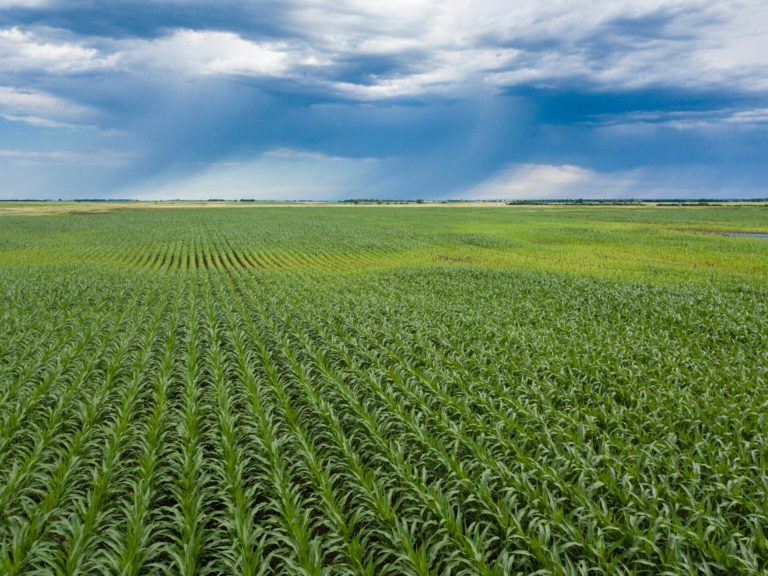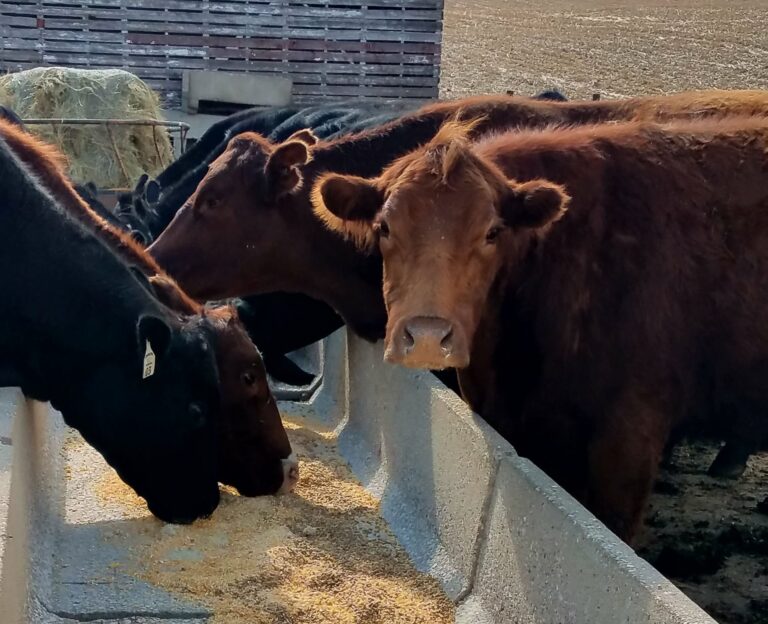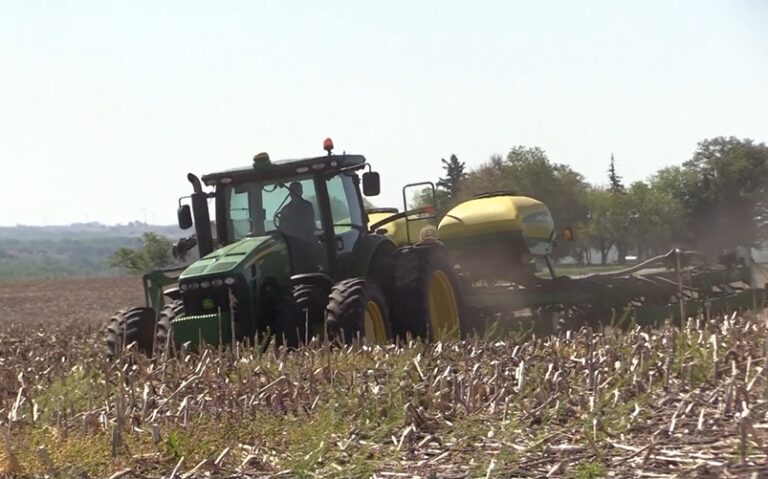IARN — Farmers and ranchers across the country are having significant difficulty finding enough hired help to keep their operations producing at peak efficiency. That’s forcing producers and the few workers they do have to pull double-duty, leading to a build-up of extra stress on farms and ranches.
Sean Brotherson is a Family Science Specialist with the North Dakota State University Extension Service. He says that’s called a “stress pileup,” and it’s a large load to carry.
“You have stressed that accumulates, simply because you don’t have the time, energy, or the resources available to you to manage it as effectively as you normally would. So that’s kind of the first stage of it. When you’re down, one or multiple laborers that typically would help you on your farm or ranch operation, then those tasks that you might be able to delegate or share with them, start to pile up on you. So, you’re spending longer hours, you have less energy, and so you simply start to have a pileup or an accumulation of stress.”
That leads to what he calls “stress spillover”.
“It’s kind of like when you fill up a glass of water, and you keep pouring, and there’s not something else to fill it up. It just kind of spills over into the rest of your life. Whereas normally you might be able to say, hey, we’ve got things on our farm operation managed, we know our timeline for this activity or that activity, it starts to feel like it’s spilling over constantly, and you’re always on the hook for whatever task is needed for you to manage because there aren’t other people to help you manage it.”
Brotherson says it’s important for friends and family to watch for signs of stress that the farmer or rancher may be struggling with. He says there are physical, mental, emotional, and relational signs.
“Physically, you’ll start to see things like it might affect your appetite. Some people start having digestive issues, or else they start eating their stress, so they tend to eat a lot more. Some people will see it with their sleep, so they start having sleep concerns where they’re having insomnia or trouble sleeping, as well as headaches, backaches, neck aches. Emotionally, you may feel overwhelmed, you may feel a sense of hopelessness or discouragement or irritability, signs of anger in yourself that wouldn’t normally experience. Mentally, you might feel like it’s hard for you to make decisions; they might feel a sense of confusion about things, just not as much mental clarity, you might have thoughts that are self-defeating thoughts like no matter what you do, you’re not going to be able to control this, and you’re not going to be able to manage the situations.”
Farmers and ranchers can find a lot of valuable resources to help them manage stress, and it’s worth any effort you put in to help take care of yourself first. Brotherson says it’s vital to remember no one is weak for needing help.
“The NDSU Extension Farm Stress website is really good – we have a lot of short educational videos, short educational bulletins, or publications that talk about farm stress and talk about different strategies for managing farm stress. The Nation of New Zealand has an amazing farm stress management program which is just called Farm Strong. That’s not a sign of weakness at all, it’s a sign of wisdom, and I like to be able to help people identify the difference.”
He says farmers and ranchers will see a high return when they spend time managing their health and wellness.
(Story by NAFB)













